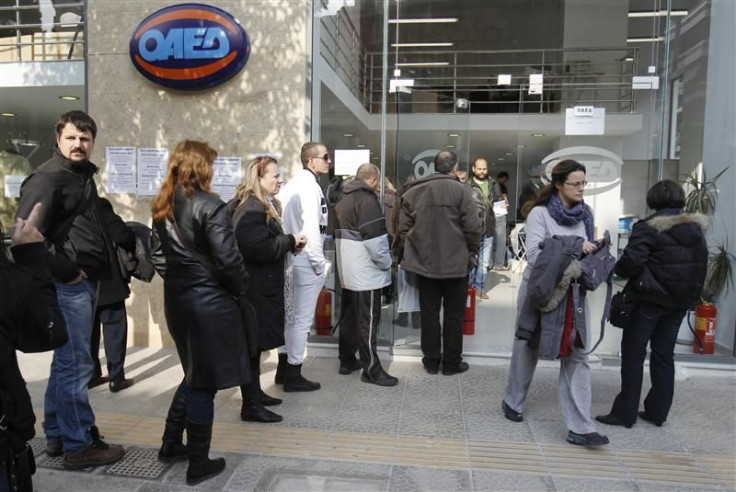World Needs to Create 600-Million Jobs in Next Ten Years: ILO

The world needs to create 600-million productive new jobs over the next decade in order to cope with global unemployment and maintain social order, warned a report from the International Labour Organization (ILO), an agency of the United Nations.
“After three years of continuous crisis conditions in global labor markets and against the prospect of a further deterioration of economic activity, there is a backlog of global unemployment of 200 million,” ILO said in its annual report.
In addition, another 400-million new jobs will have to come into existence over the next ten years to deal with the 40-million new people entering the workforce annually.
ILO also noted that even for people who already have jobs, a great many – estimated at 900-million, principally in the developing nations -- still live below the poverty line, which is defined as existing on less than $2 (U.S.) per day.
All told, ILO estimates, 197 million around the world have no job. Even worse, this figure would rise to 225 million, of discouraged jobseekers were included in the data.
“Despite strenuous government efforts, the jobs crisis continues unabated, with one in three workers worldwide – or an estimated 1.1 billion people -- either unemployed or living in poverty”, said ILO Director-General Juan Somavia. “What is needed is that job creation in the real economy must become our number one priority”.
To underline the global joblessness crisis, ILO noted that the employment-to-population ratio (the proportion of the working-age population in employment) dropped from 61.2 percent in 2007 to and 60.2 percent in 2010.
“Young people continue to be among the hardest hit by the jobs crisis,” ILO said.
“Judging by the present course, the report says, there is little hope for a substantial improvement in their near-term employment prospects.”
About 74.8 million youths (between the ages of 15-24) were jobless in 2011, a rise of more than 4 million since 2007.
“These latest figures reflect the increasing inequality and continuous exclusion that millions of workers and their families are facing”, Somavia added.
“Whether we recover or not from this crisis will depend on how effective government policies ultimately are. And policies will only be effective as long as they have a positive impact on peoples’ lives.”
ILO further advised that “policy-makers must act decisively and in a coordinated fashion to reduce the fear and uncertainty that is hindering private investment so that the private sector can restart the main engine of global job creation.”
© Copyright IBTimes 2024. All rights reserved.











